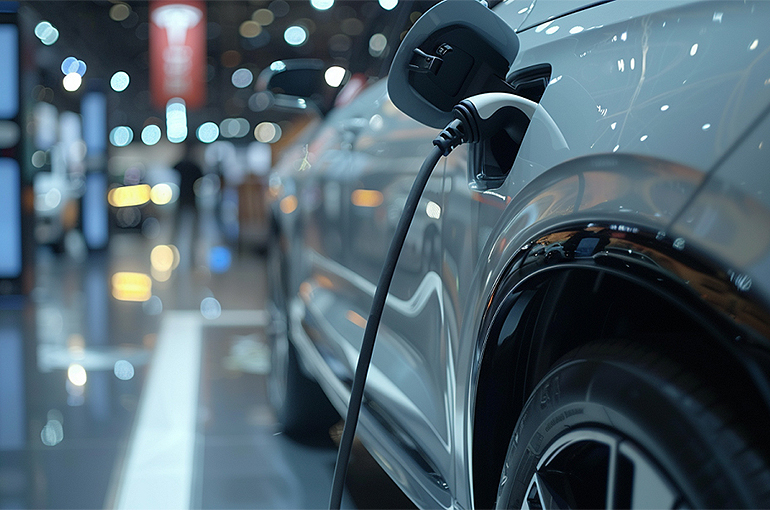 China Slams Canada's Plan to Impose 100% Tariff on Chinese EV Imports
China Slams Canada's Plan to Impose 100% Tariff on Chinese EV Imports(Yicai) Aug. 27 -- China firmly opposes Canada's decision to slap a 100 percent tariff on electric vehicles imported from the country, according to its embassy in Ottawa, following similar moves made by the United States and the European Union.
A Chinese Embassy spokesperson described the move as “typical trade protectionism and politically motivated,” adding that it violates World Trade Organization rules and undermines Canada’s image as a global champion of free trade and climate change mitigation.
“China expresses its strong dissatisfaction and resolute opposition,” the person said yesterday.
The US raised tariffs on EVs shipped in from China to 100 percent in May. The European Commission published a draft plan on Aug. 20 to impose additional import duties of up to 36.3 percent on these EVs, with a final ruling expected by Nov. 4.
Canada’s new levy will apply to imports of Chinese electric and certain hybrid passenger vehicles, trucks, buses, and delivery vans from Oct. 1 out of concern over unfair competition leading to fewer jobs in Canada's auto industry and privacy issues related to connected cars, the government of Prime Minister Justin Trudeau announced earlier yesterday.
“It will damage trade and economic cooperation between China and Canada, hurt the interests of Canadian consumers and enterprises, slow down the green transition process of Canada and certainly won't help global efforts to address climate change, which benefits no one and will only backfire,” the embassy spokesperson pointed out.
The rapid development of China's EV industry is the result of continuous technological innovation, a robust supply chain, and market competition rather than government subsidies, the person said.
“The Canadian side's accusation of China's so-called 'overcapacity' is groundless,” he noted, adding that the Chinese EV sector has contributed positively to global efforts to address climate change and achieve green energy transformation.
Canada also plans to implement a 25 percent tariff on Chinese steel and aluminum imports from Oct. 15 and launch a 30-day consultation on other critical sectors, including batteries, semiconductors, and solar cells.
China's sales of new energy vehicles surged 31 percent to 5.9 million units in the first seven months of this year from a year earlier, with exports rising 11.4 percent to 708,000 units.
China exported only 12.7 percent of domestically made NEVs last year, accounting for 8 percent of global sales, according to analysts. Chinese electric cars are sold at higher prices overseas, countering "dumping" claims, they pointed out.
Editor: Martin Kadiev